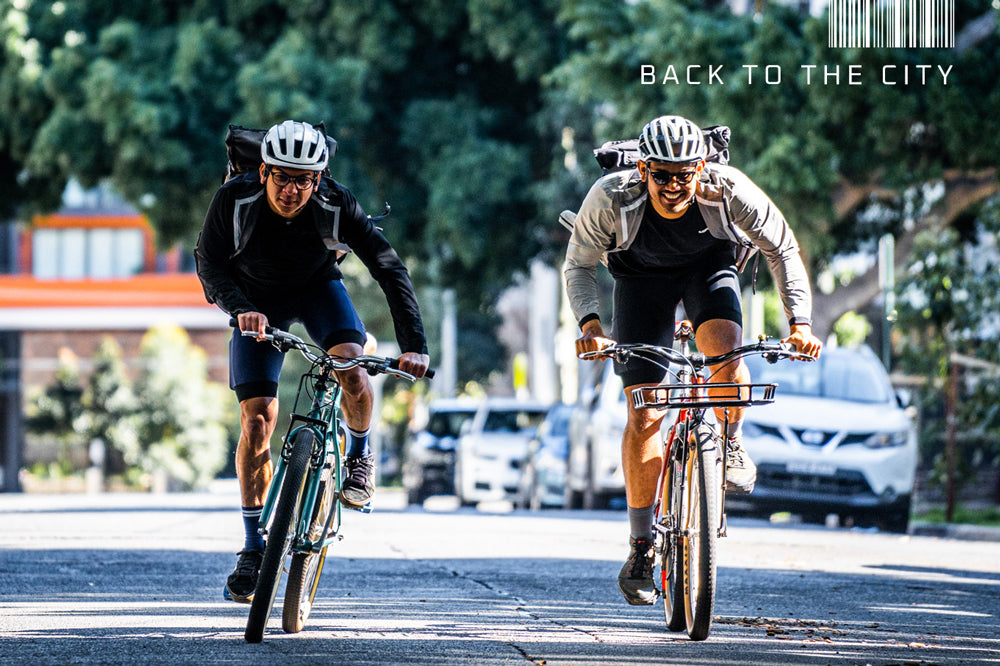Diabetes & Elite Training
Introduction
Chris was diagnosed with type 1 diabetes in his early twenties, following a bad case of food poisoning. This video & article takes you through his fears and struggles and how he overcame them to keep racing at an elite level.
What should people know about exercise and diabetes?
Chris would be the first to agree exercise for diabetes management is a positivxe for ensuring long term health. For that matter exercise is widely beneficial for managing most health issues we all face.
A key way exercise can help you control diabetes is through its ability to lower insulin resistance, a benefit for diabetics especially, but also for all adults.
Not much has slowed Chris down over the year’s while on his bike, and diabetes has been no different. With ongoing management and listening and learning about his body, Chris has forged a path in cycling that has seen him take on some of the most challenging and formidable adventures.
As a brand ambassador Soomom has covered Chris’s epic journeys on his bike for a while now. From regularly riding the scenic and challenging route from Sydney to Wollongong through the Royal National Park. To the 40 degree plus haul to Canberra that was truly not for the faint hearted rider, Chris continues to push his training and cycling to limits few others achieve.
Just like any challenge faced on the bike there’s no climb that would hold him back. But cycling and exercise with diabetes is all about understanding where your risks lie and being prepared and diligent with your treatment and monitoring.
But the outcomes, for diabetics and all adults, are greatly improved through consistent exercise.
What are some benefits of exercise for diabetes?
How does exercise help diabetes?
Exercise decreases insulin resistance, but it also has benefits that extend to everybody and improve the quality of life for diabetics and all adults.
These include:
1. Lowering blood pressure
2. Control a healthy weight
3. Lowering harmful LDL 4. cholesterol, and increasing healthy HDL cholesterol
5. Stronger muscles and bones
6. Reduced anxiety and improved mental healthImproved overall general well-being
For diabetics specifically the major additional benefits are:
1. Lower blood glucose levels
2. Improved sensitivity to insulin to counter insulin resistance

Exercise decreases insulin resistance, but it also has benefits that extend to everybody and improve the quality of life for diabetics and all adults
What diabetes exercise guidelines should diabetics consider?
Diabetes Exercise Guidelines
Diabetes exercise guidelines help Chris and other cyclists and athletes to be prepared before they take on strenuous activities.
Similarly, all cyclists and athletes, as well as exercising adults, should consistently monitor their body, and listen for feedback.
It’s important to understand your body's reactions and limits, and ensure you’re not putting yourself in harm's way by over exerting in some area which might cause chronic damage.
For Chris, some of the things he considers before a long ride are:
• The best time for exercise: 1-3 hours after eating, when your blood sugar is likely to be higher
• Check your blood sugar before exercise - if it’s lower than 100mg/dL then eat a banana or snack to raise it
• Check after exercise - You chances of hypoglycemia rise 6-12 hours after strenuous exercise
• Be aware of blood sugar being too high - Exercise can raise your blood sugar so monitor to maintain below 250. Increase your fluids to stay hydrated while you exercise
• Carry some hard candy or glucose tablets while exercising just in case
Best exercise for diabetics
When it comes to types of exercise to benefit overall health the results are clear. The more exercise, and the greater the variety, the better the health outcomes. This is no different for those managing diabetes.
Studies have shown net benefits for all types of exercise.
• Strength exercise - Improves overall muscle strength that can be affected through diabetes, plus benefits that help all adults including bone density, insulin sensitivity, blood pressure and better lipid profiles.
• Aerobic exercise - Improvements in mitochondrial density, insulin sensitivity, oxidative enzymes, blood vessel performance, lung and immune function, among others. Not only is cycling fun, but it’s going to benefit you in many ways enormously.
• Movement Exercises - Exercises like Yoga and Tai Chi offer movement and flexibility benefits, particularly as we age. Providing benefits in balance and strength, they can help us avoid falls, while also helping glycemic control, lipid levels and overall body health.
A Harvard Medical School study showed aerobic and strength exercises both benefit all adults, but a combination of the two was more beneficial than doing either one alone.
Diabetes Exercise Program
For a comprehensive exercise plan for diabetics they should consult many of the online resources to get started.
The Diabetes Australia website offers great advice on how to start an exercise plan safely and how to maintain your health.

Chris Visvis Q&A
How does exercise help you manage your diabetes?
It allows me to manage my blood sugar much easier. They are more stable overall, which in turn means I benefit from better energy levels and long term sugar levels.
The long term effects include overall better performance. Plus, less strain on my organs from high sugars that leads to not shortening my life span.
Which exercises help you with managing your diabetes, on and off the bike?
All types of exercise help to be honest, however the exercises I notice the most benefit from are short high intensity intervals and Strength efforts.
I feel like the afterburn effects from the effort keeps my metabolism running high and my insulin sensitivity great. Probably because my body is trying to repair and recover.
When you are exercising, is there anything you need to be extra aware of?
I’m always watching out for low blood sugar, they can really put you in a negative mindset really quickly and impact the quality of your training, while putting you in a risky situation.
If you are mentally and physically fading, that can put you in a dangerous situation when on the roads with all the crazy drivers out there.
What are the instant benefits of exercising and the long-term benefits?
In the short-term, exercise gives me a sense of satisfaction and accomplishment in my day to day. Whatever happens the rest of the day is not that bad after winning the morning on the bike.
Over the long-term, I have more physical energy and health. I can be a positive, fun and helpful person for my family and friends. I don’t want to be a burden because of my diabetes either, so if I can manage it well there is less risk of that.
Any tips on how to stay motivated when you feel down and to keep pushing?
Take a day to vegetate and rest when you’re feeling this way. I often do very very little, but I never do nothing at all.
Talk to your family and friends, reach out for a real, quality connection. I try to take time to become more self aware and re-evaluate if what I'm doing is what I actually want to be focusing on. I make sure I’m focusing on the small wins when I achieve them too.
Do you know others in sport you look to as leading the way in competing at high level with diabetes?
There’s plenty of inspiration to be found in the world of athletics and diabetes. Team Norvo Nordisk is a pro cycling team for diabetics that is inspiring.
Two of the riders from Novo Nordisk I follow are Justin Morris and Sam Munday, so it’s great to have those riders to follow along with too.
Is setting measurable goals important? How did you get started doing this?
Goals, or a plan, are super important to me. Otherwise I tend to go with the flow, jumping from thing to thing, without ever accomplishing much.
Setting SMART goals is something I'm always trying to get better at. Usually I set the smart goal initially, then kind of forget about it and instead just try to enjoy the process without getting too caught up in numbers and metrics.
Too many things to think about can lead me to unnecessary anxiety and pressure which takes the fun out of things. This then also leads to worse performances rather than being relaxed, where you are more likely to hit your peak.
• Specific (simple, sensible, significant)
• Measurable (meaningful, motivating)
• Achievable (agreed, attainable)
• Relevant (reasonable, realistic and resourced, results-based)
• Time bound (time-based, time limited, time/cost limited, timely, time-sensitive)
More Stories
Cycling Brings Two Soomom Ambassadors Together
Social media can help you find people who share the same passion and connect with them. You can build these connections all over the world through our virtual playgrounds, but there are many cases where you can expand those horizons and really meet up in person.
Soomom X Mulga : Limited edition Artist series
Sydney Artist's Mulga loves to create funky and colorful animals, bringing joy to everyone passing by his art. Inspired by his coastal lifestyle, he brings a bright twist to some of the coolest specimens in the animal kingdom.
Back to the City
To celebrate the end of lockdown as people slowly head back to the city in Australia, Soomom wants to highlight an under-appreciated segment of the cycling fraternity: The Courier.



